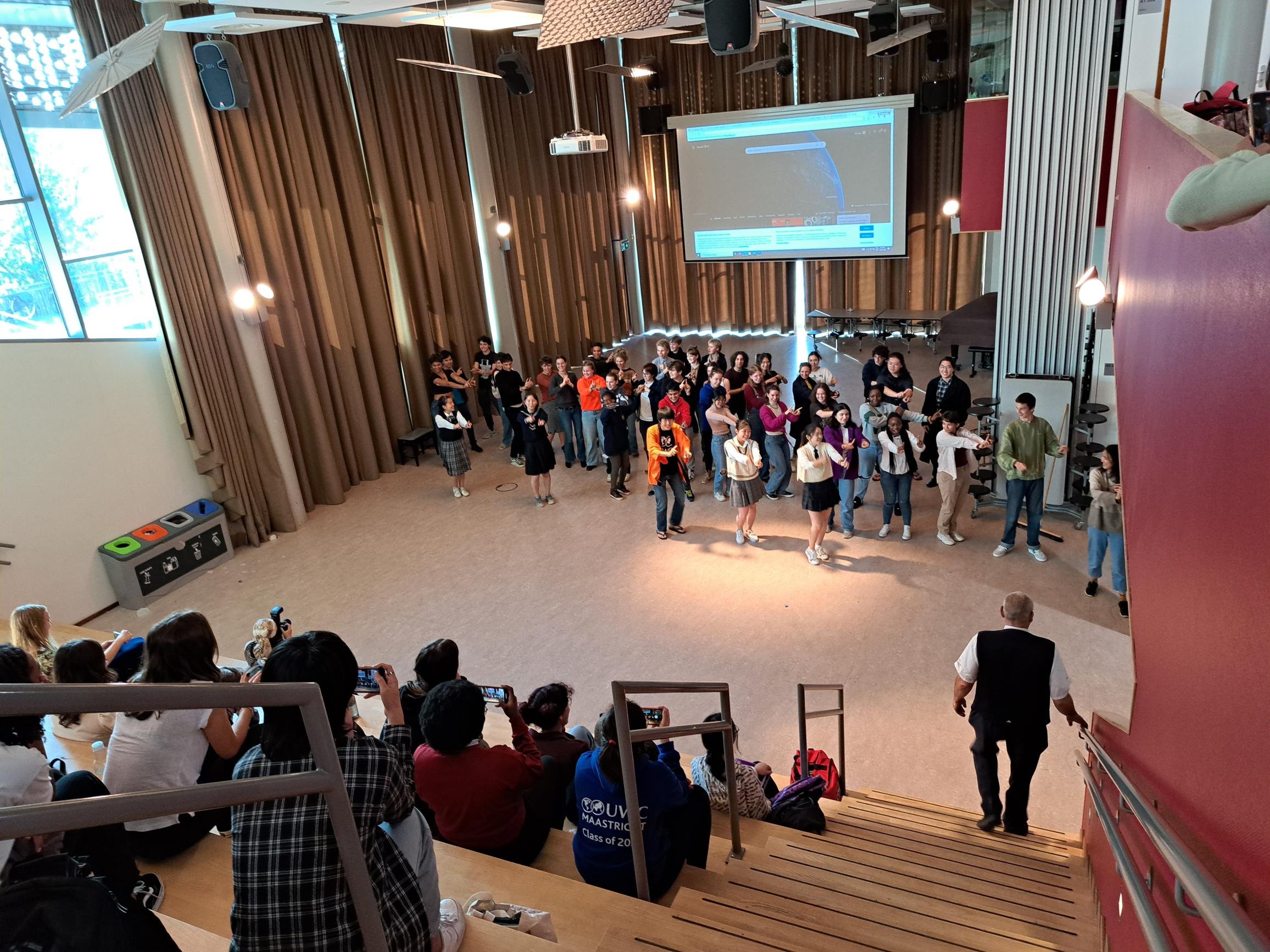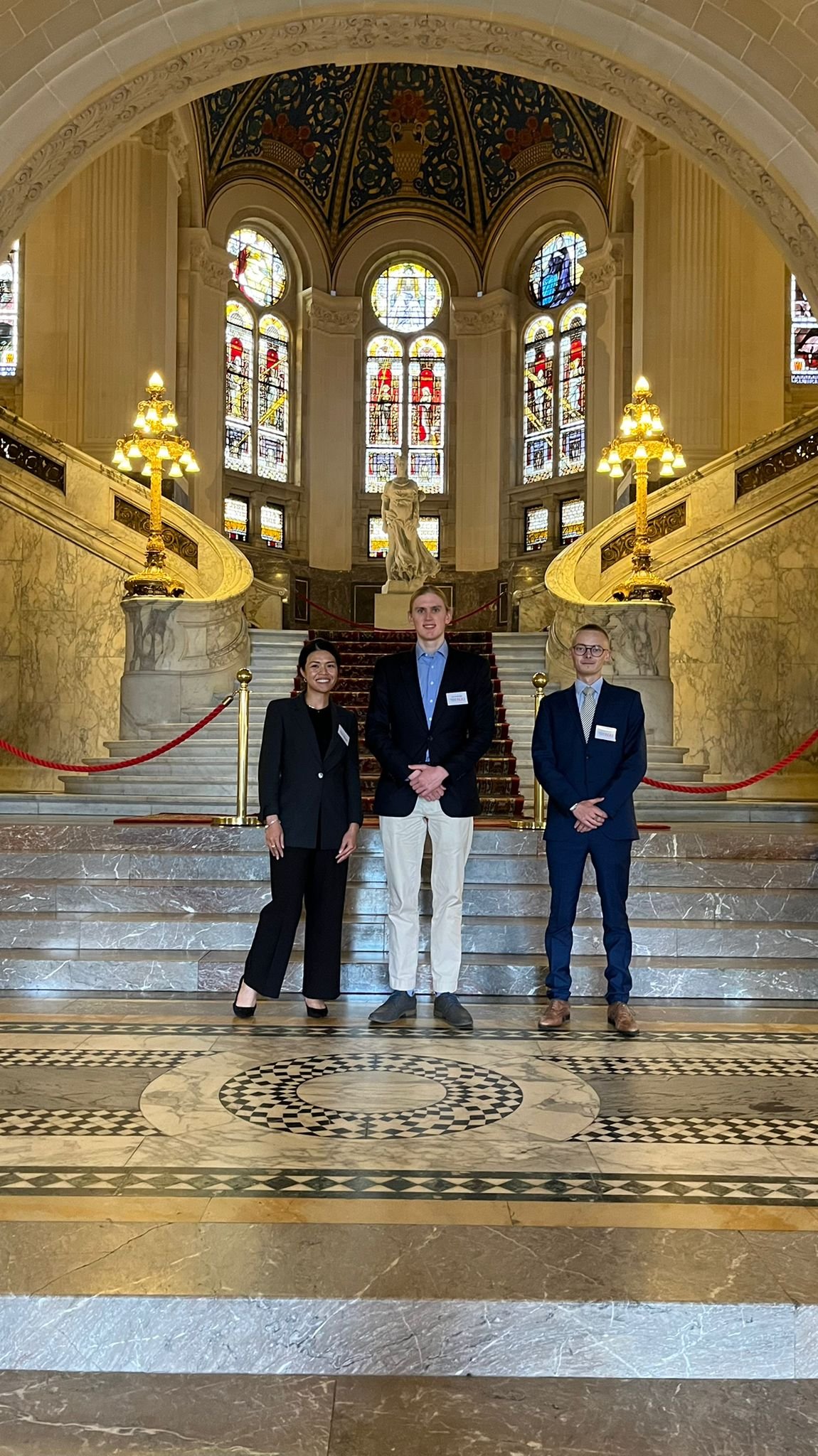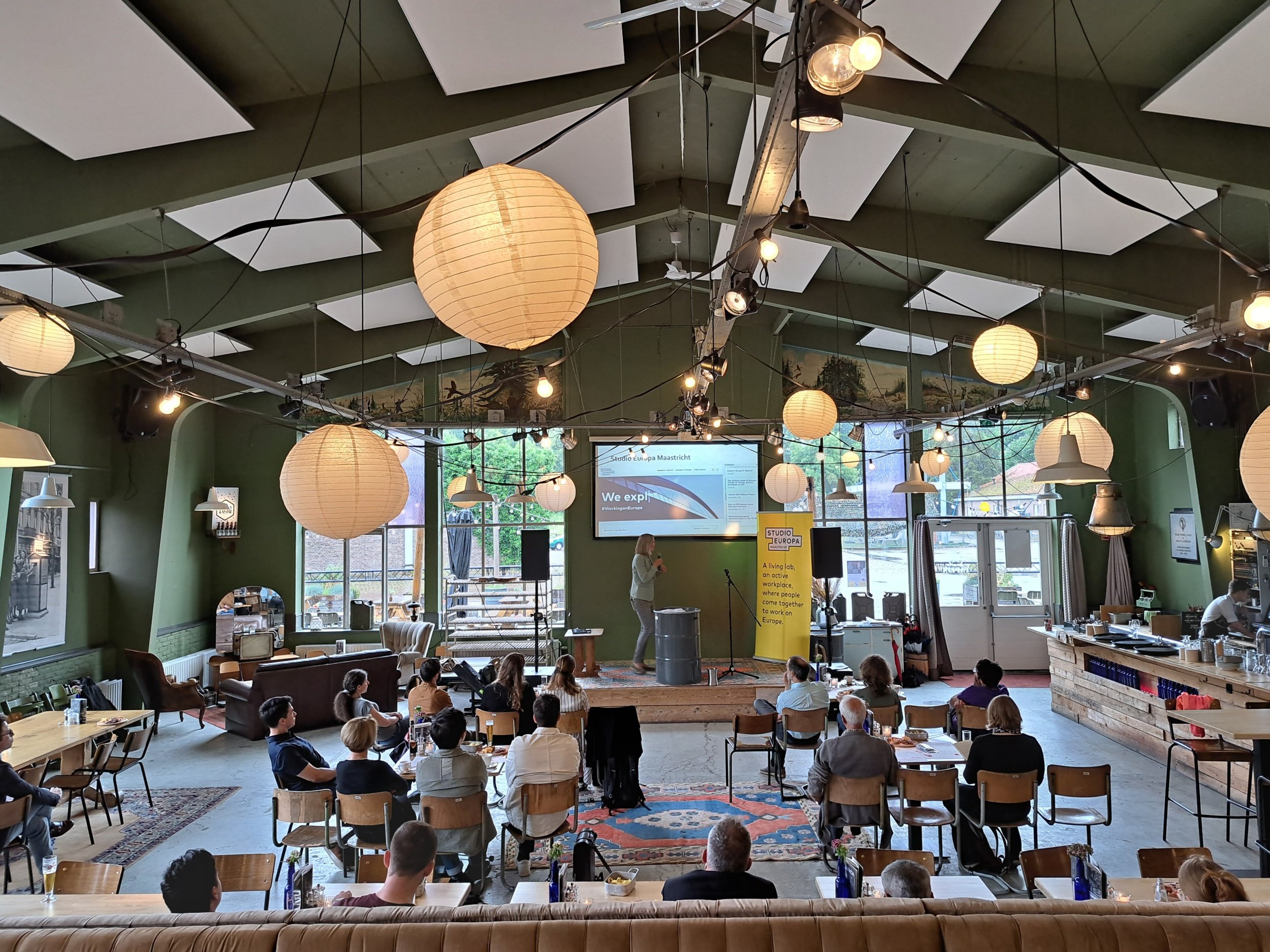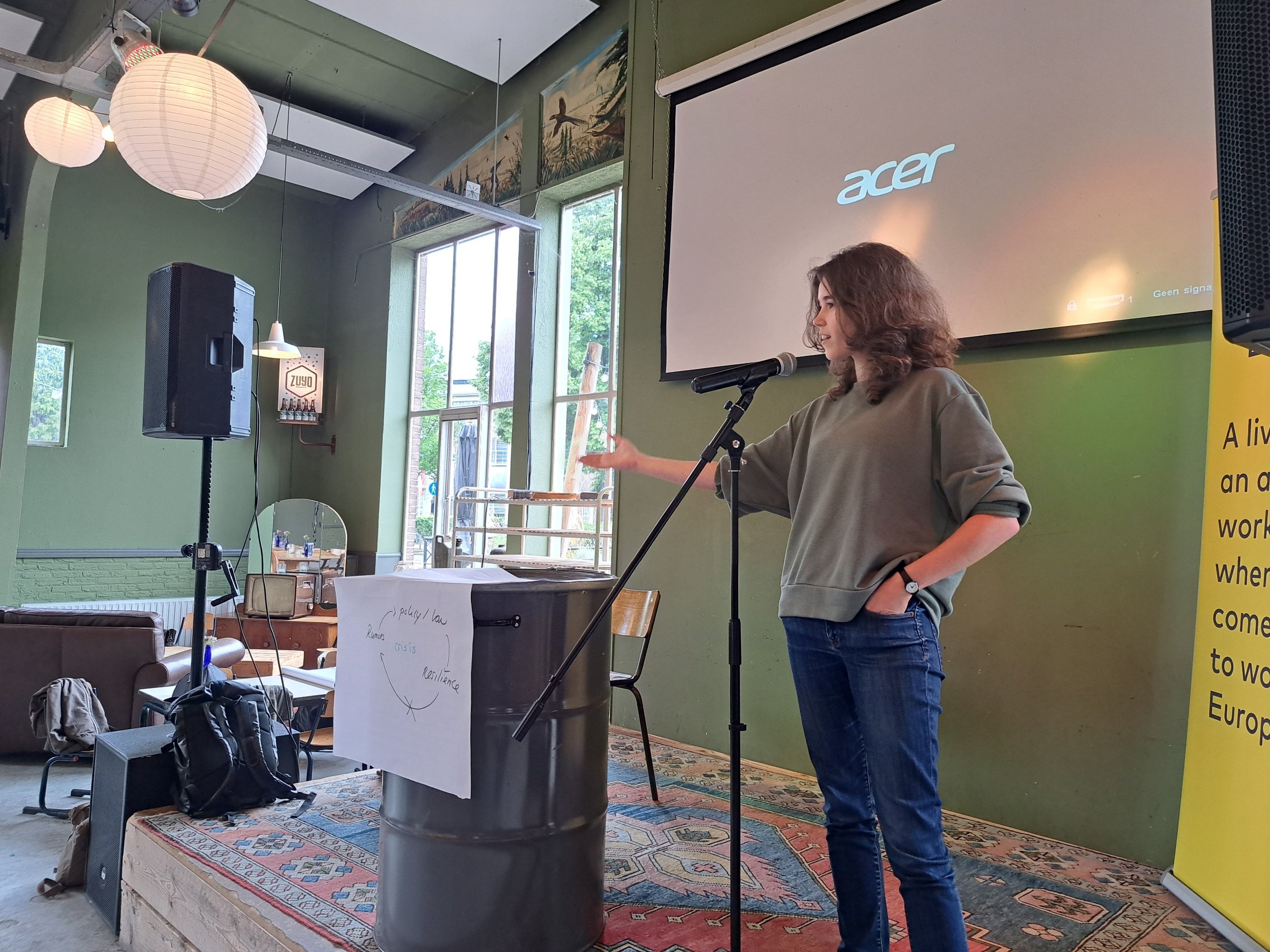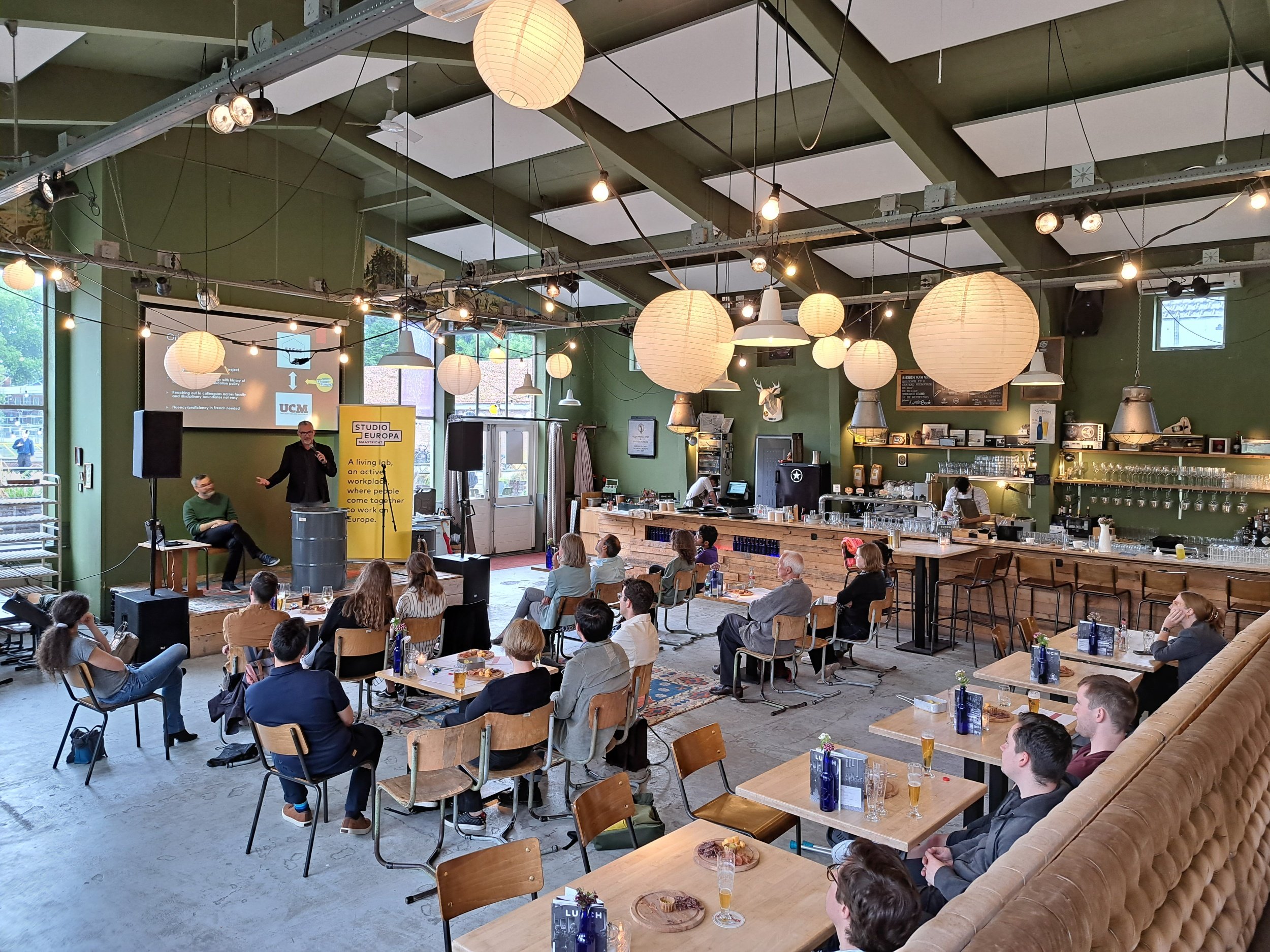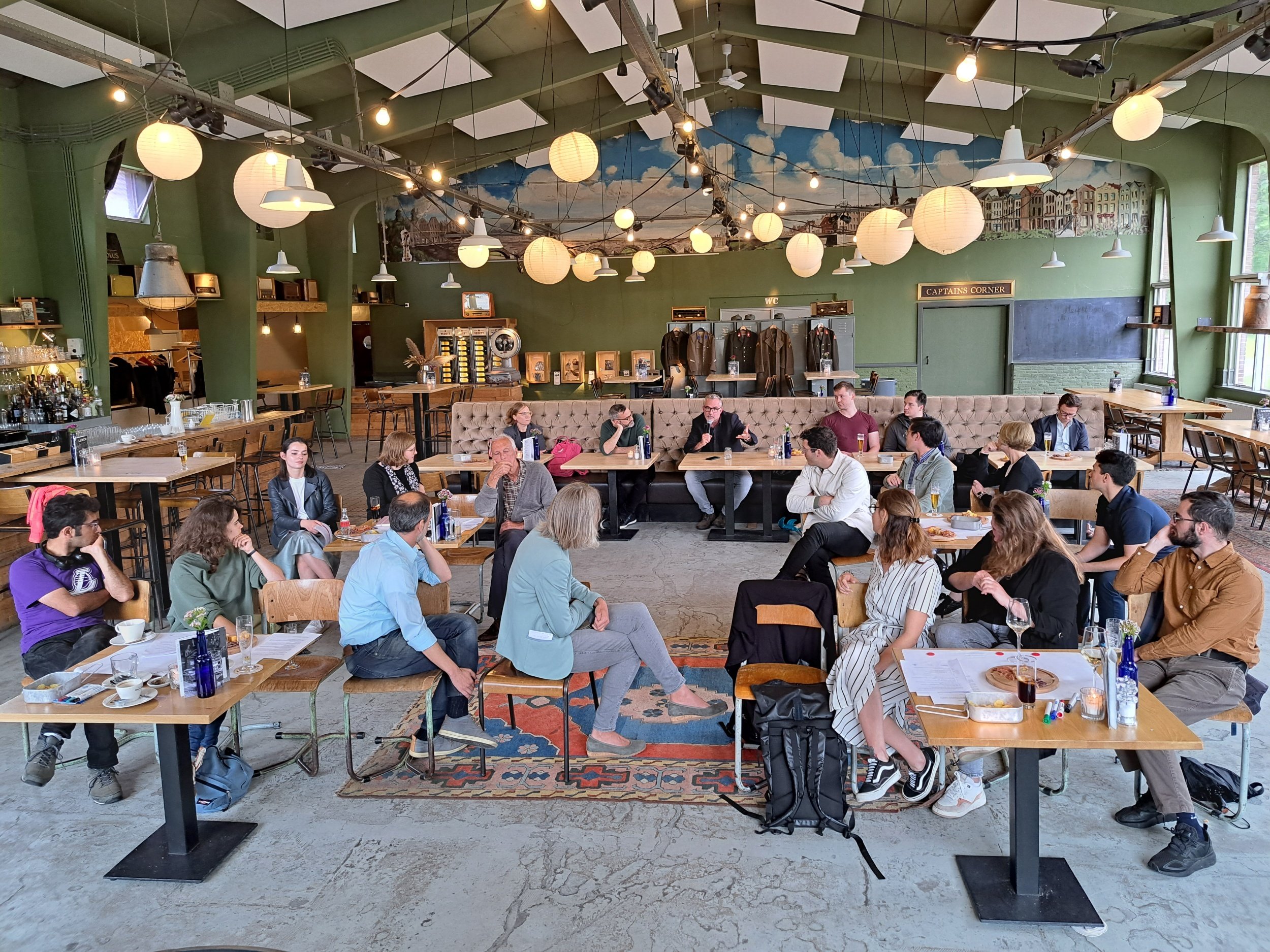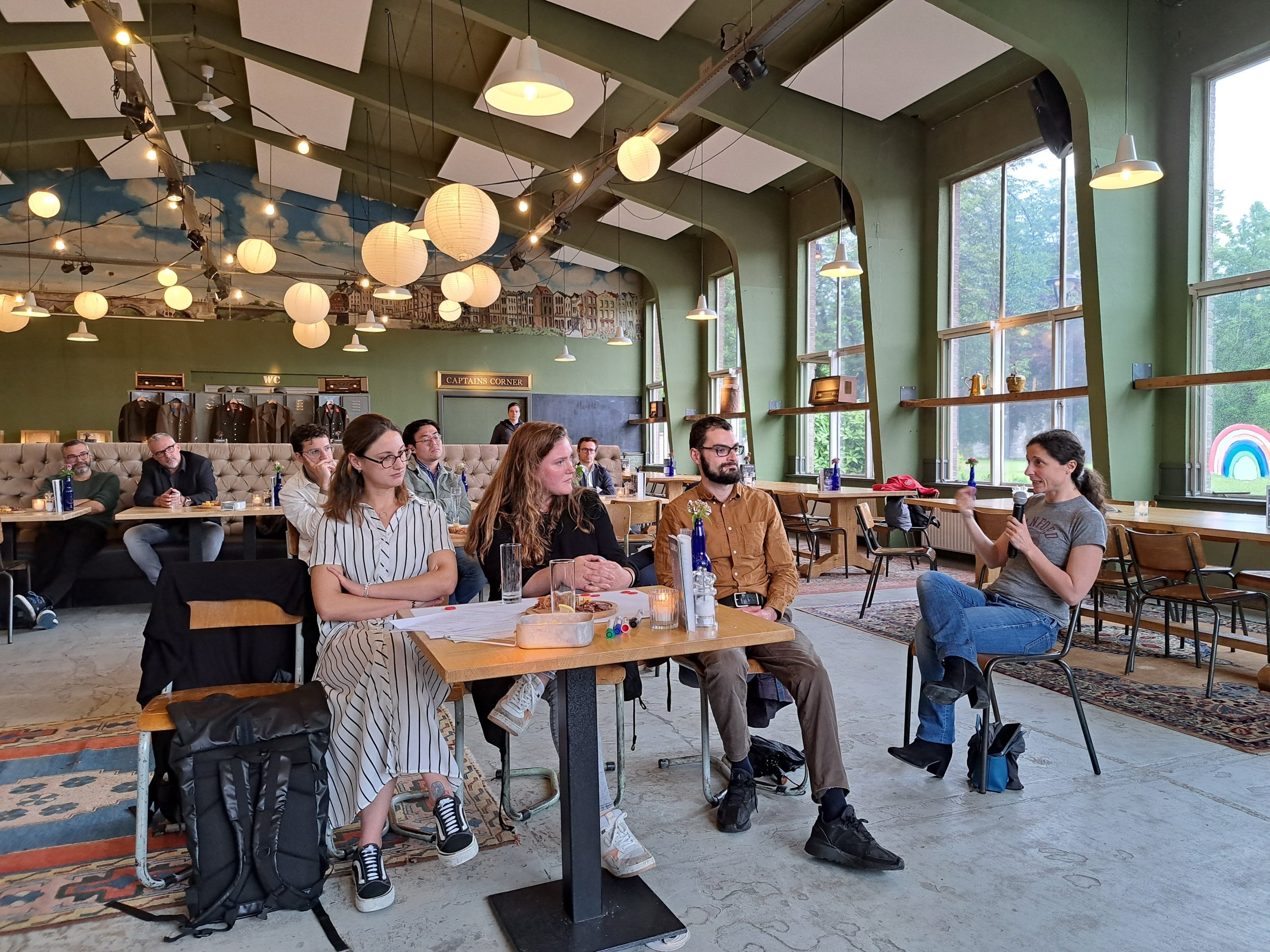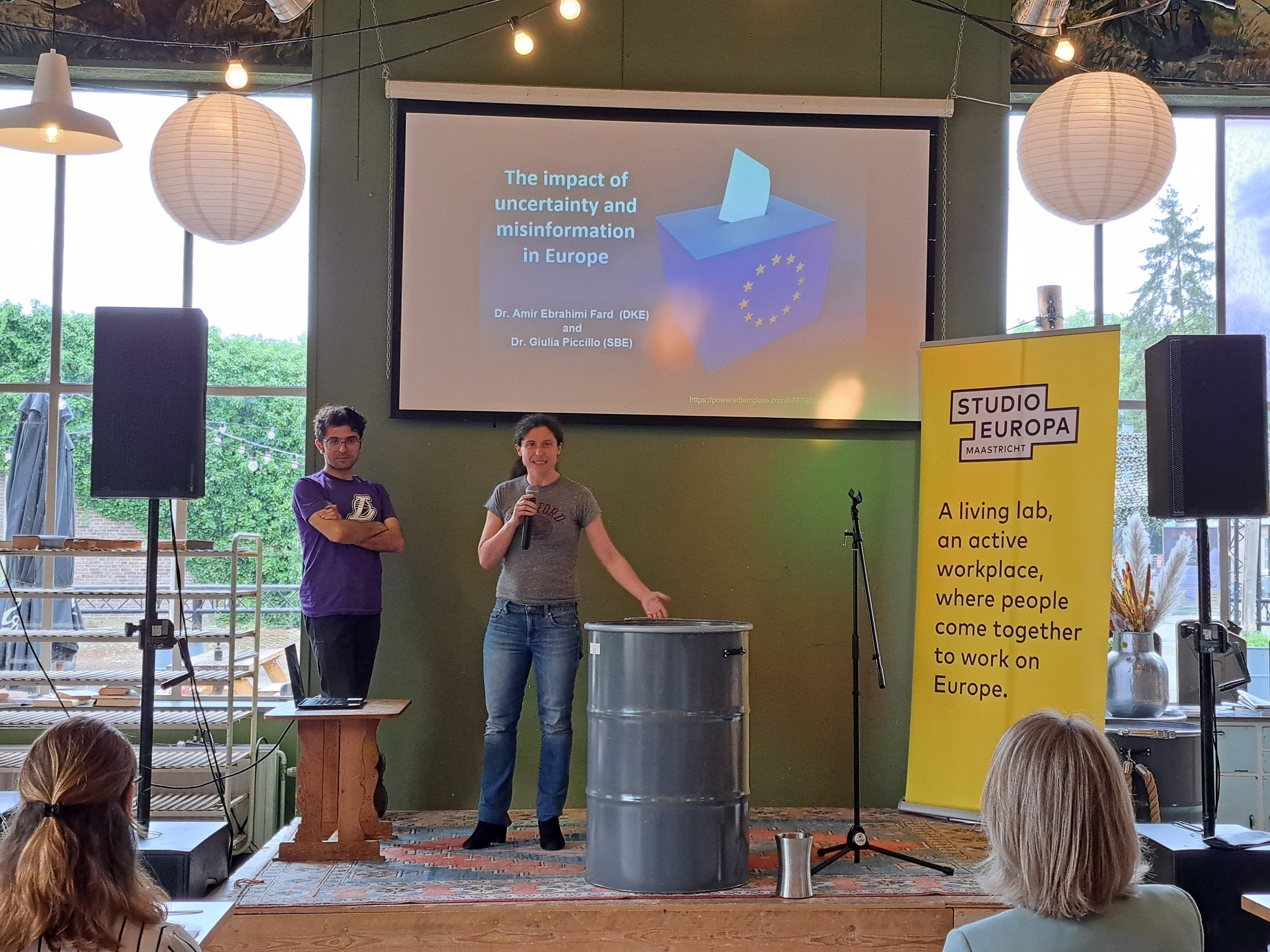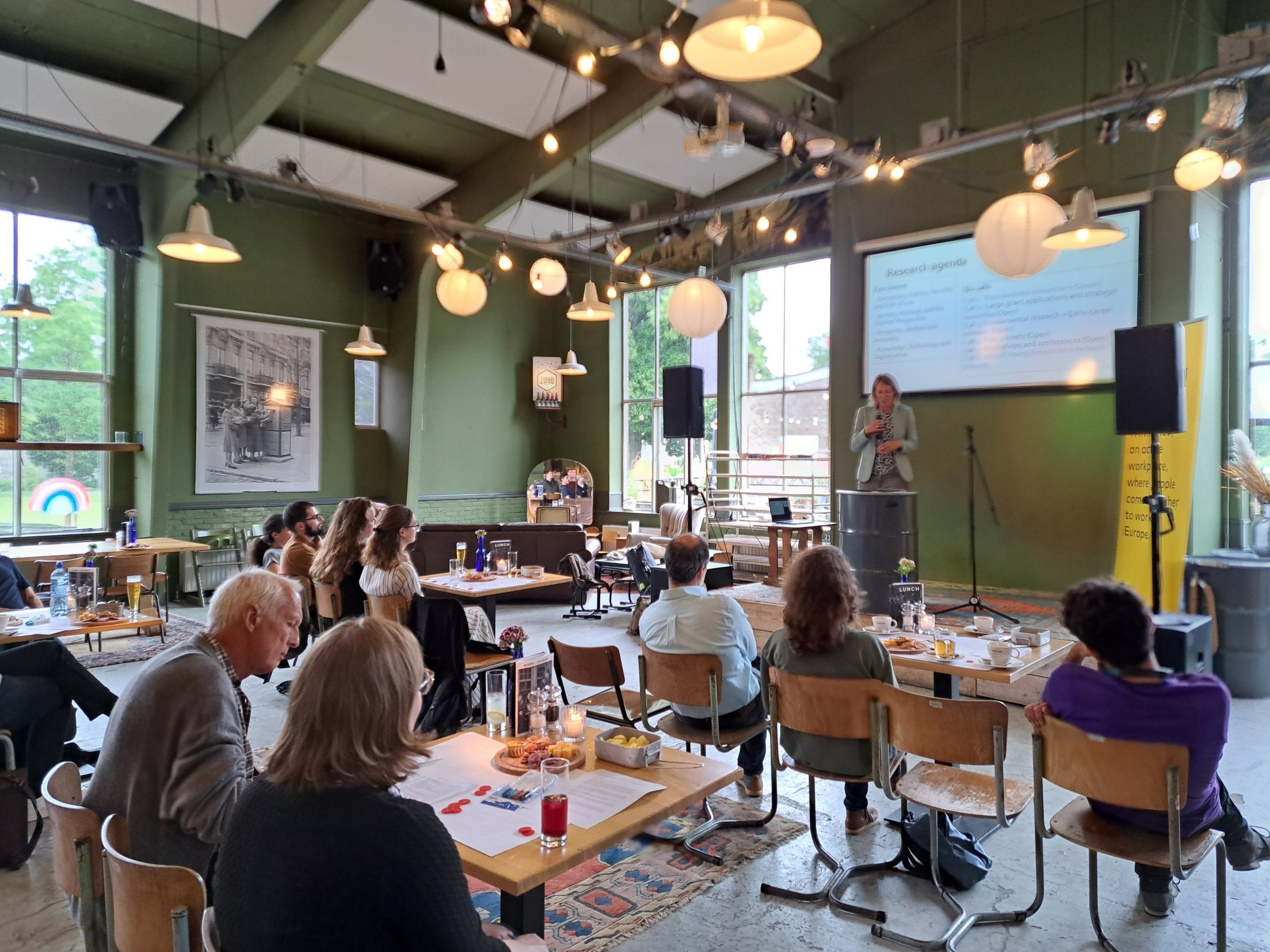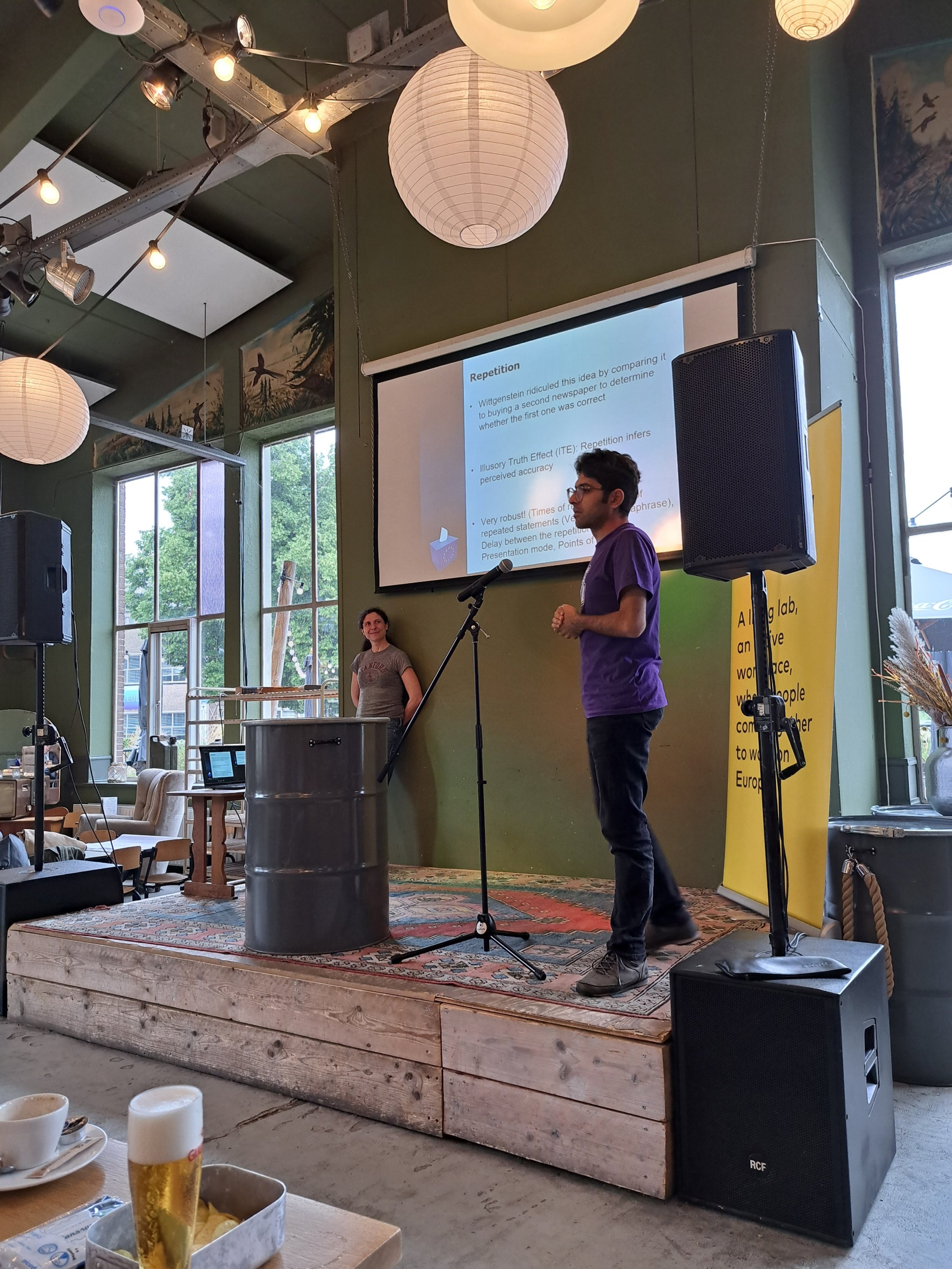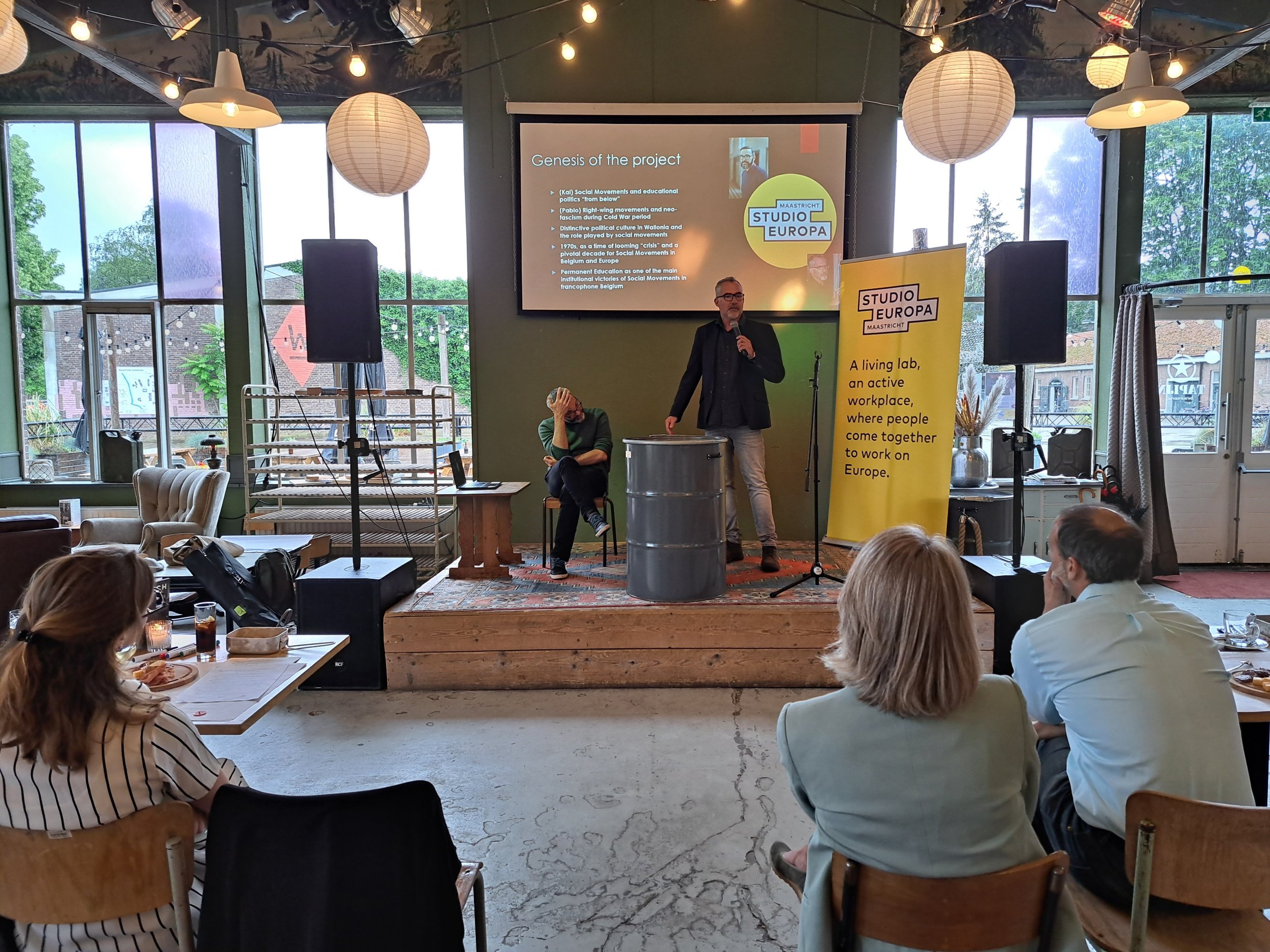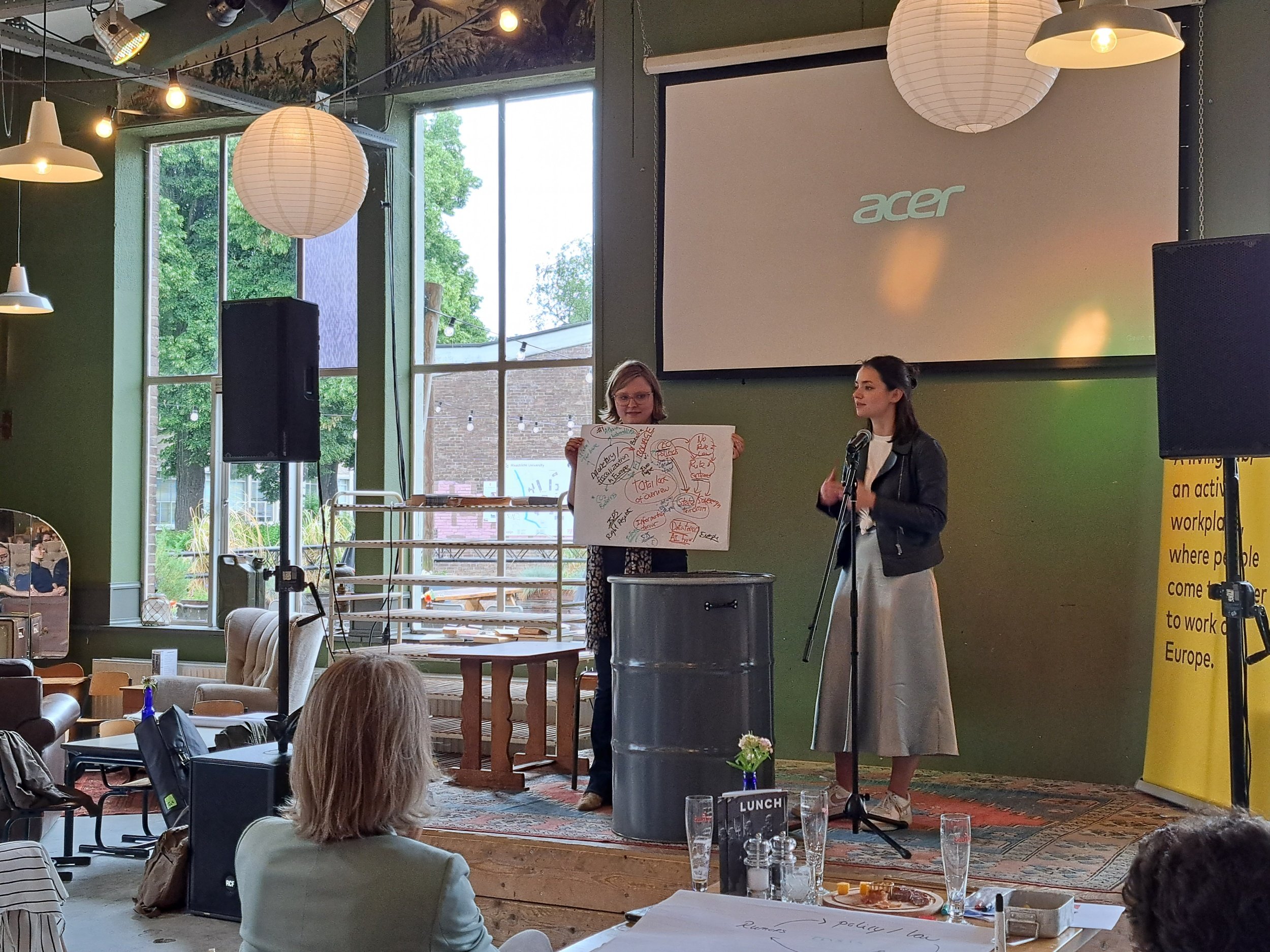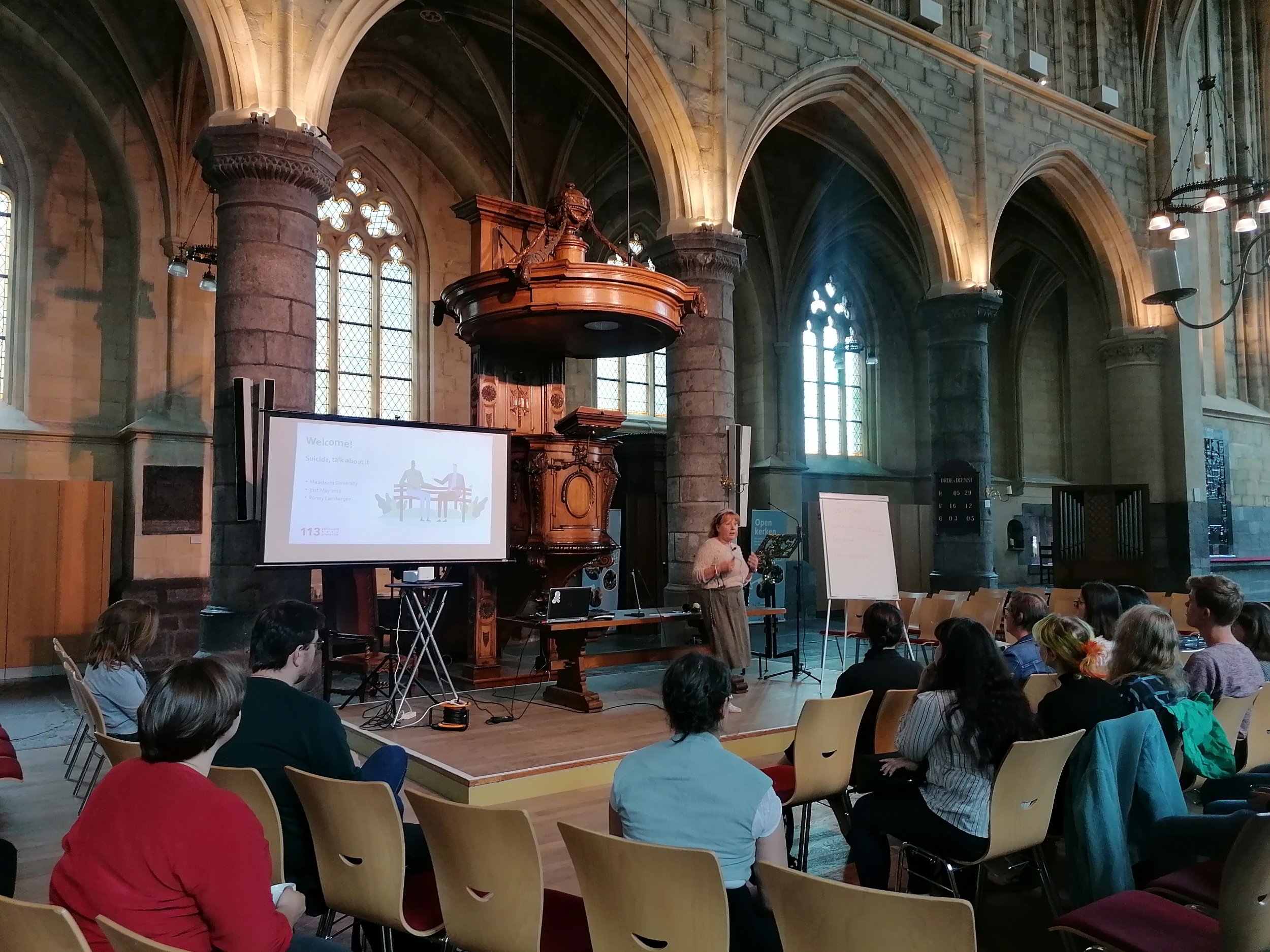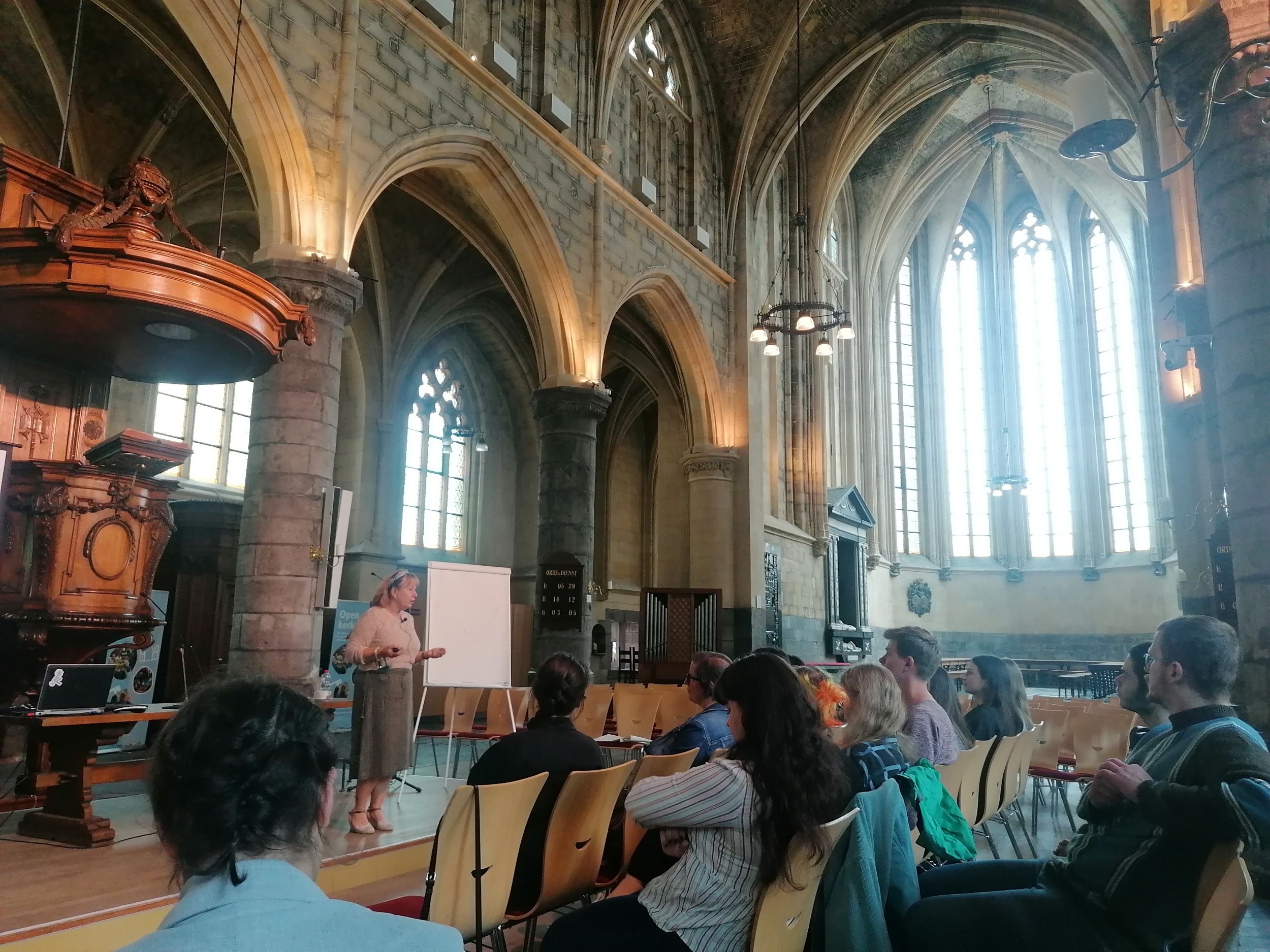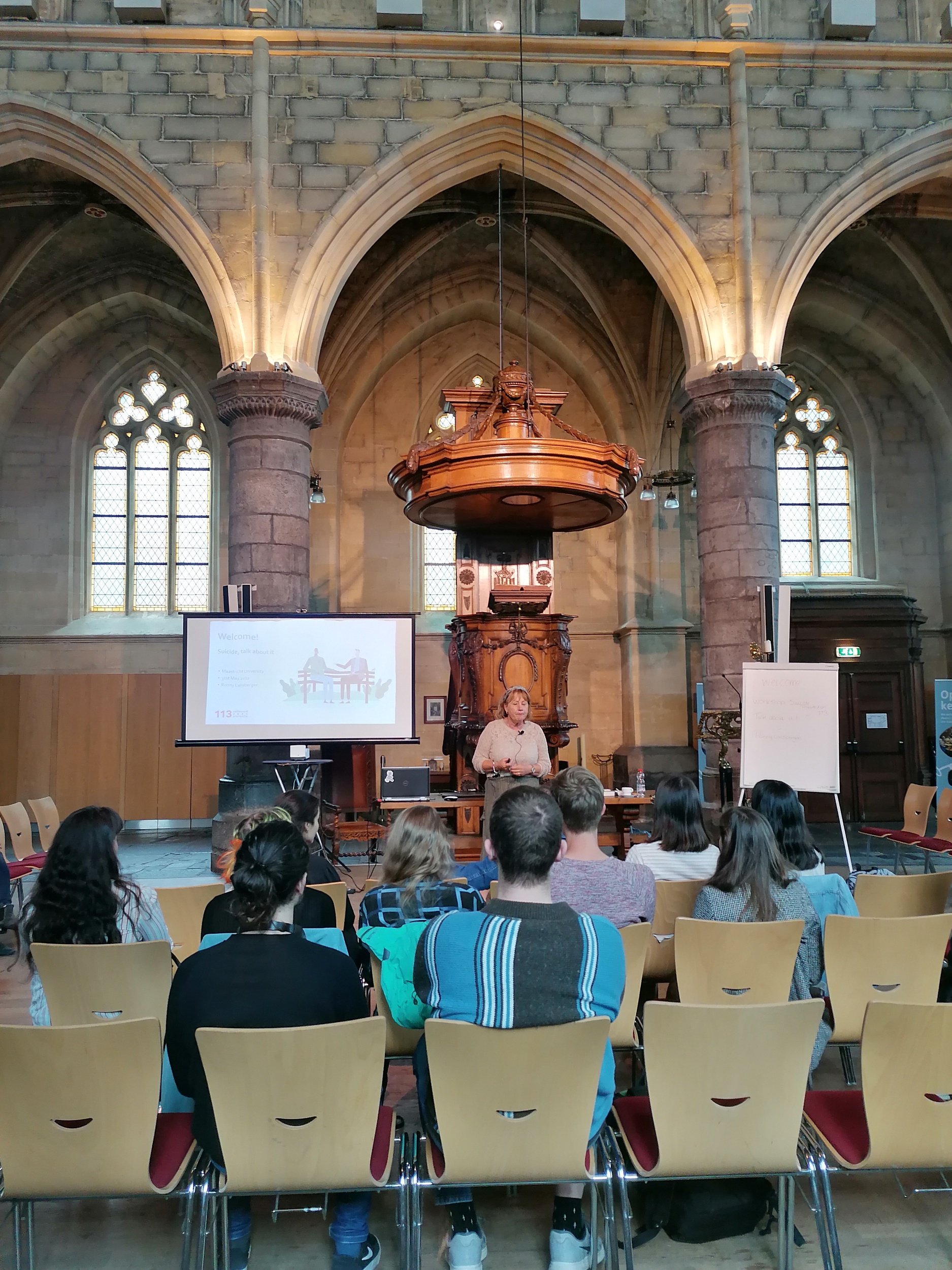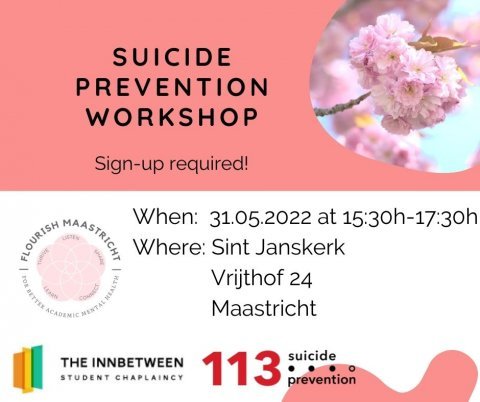The 2022 World Cup in Qatar starts today with somewhat muted and murky fanfare. The event has already garnered an abundance of critiques for pairing the most prestigious football competition in the world with gross transgressions of human rights and alarming flippancy towards sustainability. But the lingering question with the first match between Qatar and Ecuador set to kick off in a few hours is, will you be watching these games?!
Perhaps we could all find some common ground in agreeing that an autocratic regime that is complicit in – or worse – that perpetuates modern slavery and infringes upon LGBTQ+ rights should not have been awarded the privilege to host such a prestigious global sporting event (although Beijing or Sochi hosting recent Olympics may suggest that our common ground may be much narrower than one would hope for). Add to these considerations, the ecological concerns that come with constructing stadiums in the middle of the desert for the sole purpose of hosting these games, not to mention the costs associated with air-conditioning these stadiums to accommodate players and fans that fly into Qatar from all over the world. This waste seems especially callous especially given that the rest of the world is desperately attempting to cope with sky-rocketing energy costs and staggering inflation as the Russian aggression into Ukraine rage on. In short, there are red flags (or cards if you’re into sport puns) popping up everywhere.
Even for the most avid football enthusiasts, watching these games must come with some small element of guilt or shame as if we are watching something obscene or forbidden. Some have alleged that the so-called beautiful game has been (further) tainted by the game being hosted in Qatar. As the legendary Gary Lineker, who will be covering this World Cup for the BBC, put it: “I’m a little queasy about it. The human rights, the deaths building the stadiums, the homophobia in their laws, none of it sits right.”
On the other hand, there is something to be said for a Middle Eastern country hosting this global event for the first time. Advocates of Qatar, including the likes of the current FIFA president, Gianni Infantino, have alleged Islamophobia at the root of these critiques. To his point, other World Cups have all been mired in some controversy, one way or another. The last World Cup was hosted in Russia, a decision that has not aged well. There were riots and protests when Brazil hosted the Cup because the Brazilian people believed that their government should have invested the money that went to hosting the games into their crumbling public sector. There were allegations of bribery and corruption when South Africa – and even Germany – won their bids to host their respective World Cups. The 1978 World Cup in Argentina particularly left a bitter aftertaste – not just because the Dutch lost in the finals to Argentina – but because Argentina was under an authoritarian military junta at the time. Even back then, there were critiques that allowing Argentina to host that World Cup would have somehow legitimized the authoritarian regime in a practice that we have now termed “sports washing”. Sports washing is a sub-category of moral cleansing where entities with questionable reputation attempt to legitimize their behaviors or reputation through hosting or sponsoring of popular sports events or teams (e.g. state-owned Qatari Airways sponsoring PSG, Bayern Munich, AS Roma, etc.).
So is Qatar really any different from previous hosts? And here, I would argue that it is – and not because of Islamophobia – but because of the sheer number of problems represented by Qatar in combination with the growing social consciousness of the consumers. It is not just the allegations of corruption and ill-gotten gains by the Qataris and FIFA, but the aforementioned social and ecological reasons that make this World Cup feel particularly dirty, so much so that even the former-President of FIFA, Sepp Blatter, admitted that the selection of Qatar was a mistake.
Add to these issues, the less serious – but nevertheless important – concerns of alcoholic beverages not being sold around the venues (or at exorbitant prices when they are sold) or the fact that the event had to be moved from the summer to the winter in light of the extreme heat conditions in Qatar, which has meant that many injured players will not have the time to recover from their injuries to play in this World Cup. Celebrated players like Karim Benzema, Paul Pogba, Sadio Mane, Marco Reus, Diogo Jota, and to my personal disappointment, Yuta Nakayama, will all be missing the World Cup due to injuries that they may have otherwise recovered from had this World Cup not been in the middle of their regular season with their clubs.
Boycotting this World Cup isn’t just about standing up for our values or preserving our clean conscience. A well-organized boycott could potentially contribute to FIFA implementing meaningful changes and incentivizing their sponsors to be more socially responsible. For example, a sizeable percentage of the revenue that the World Cup will generate – an estimated €6 billion – will come from an estimated 3 billion consumers that tune into watch the games. A large enough group of people boycotting the games could mean that there will be less money being put into the hands of FIFA, who created this dilemma in the first place. A systematic boycott leading to the reduction of FIFA’s revenues (which has grown with each tournament at least since Korea and Japan hosted it in 2002) may send a strong message that they must do better and urge sponsors to walk away from dealing with FIFA all together.
Having listed an assortment of reasons why viewers should tune away from this World Cup, I will now expose myself to be a flaming hypocrite, who will be watching and cheering on the Blue Samurais of Japan take on Germany, Spain, and Costa Rica in the group stages. I have tried validating my hypocrisy with various justifications, but mostly with limited success because the reason why I want to watch the games simply comes down to the unavoidable fact that I just like watching football (some would say it’s an addiction of sorts, but I digress): First, this will be the first time that I will get to watch the World Cup with my son and daughter in tow, which unbeknownst to them (who may not even be interested in watching football) will have special meaning to me.
Second, I think that the World Cup can be a platform for great heroics, not just in terms of football, but in terms of social justice. I hope to witness some iconic gesture of courage akin to Jesse Owens winning 4 Olympic gold medals in the 1936 Berlin Olympics (dubbed the Nazi Olympics presided over by Hitler himself) or Tommie Smith and John Carlos raising their fists in defiance during the 1968 Olympics in Mexico City. I have already seen glimpses of player activism in Qatar, form the Australian team making a video calling out Qatar or the Danish teams wearing an all black protest kit, which I’ve watched with admiration. By watching the World Cup, I am not just hoping to watch great football drama unfold, but I will also be hoping to witness something even more epic (e.g. a passionate embrace and a kiss between a player and their same-sex partner, who comes out during this World Cup in a brave display of courage and love!?)
Third, I think everyone has the right to find out for themselves their own values and what they are comfortable (or not comfortable) doing. When it comes to watching this World Cup (or not), I don’t think it is a clear black and white issue that some make it out to be. For example, even for those of us who decide to watch the games, there are options to carry out a semi-boycott (e.g. you can watch the games with a group of people in a pub thus reducing the number of viewership, or – and I am not really advocating for this – but you can also illegally stream the games).
In the end, perhaps the most important question should not have been whether we boycott this World Cup or not, but whether we can stay tuned to the instances of labor exploitation or the persecution of the LGBTQ community and to speak up against them even after the tournament has ended and the stadium lights have been turned off for good. I would love to see the international spotlight continue to shine bright and expose human rights violations or blatant disregard for the climate crisis, not just in Qatar or surrounding the World Cup, but wherever there are transgressions all over the world, at all times. But then again, I am just a flaming hypocrite after all, so what do I know?




